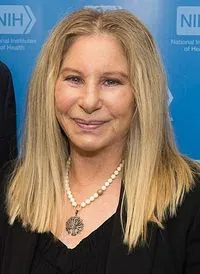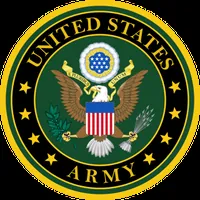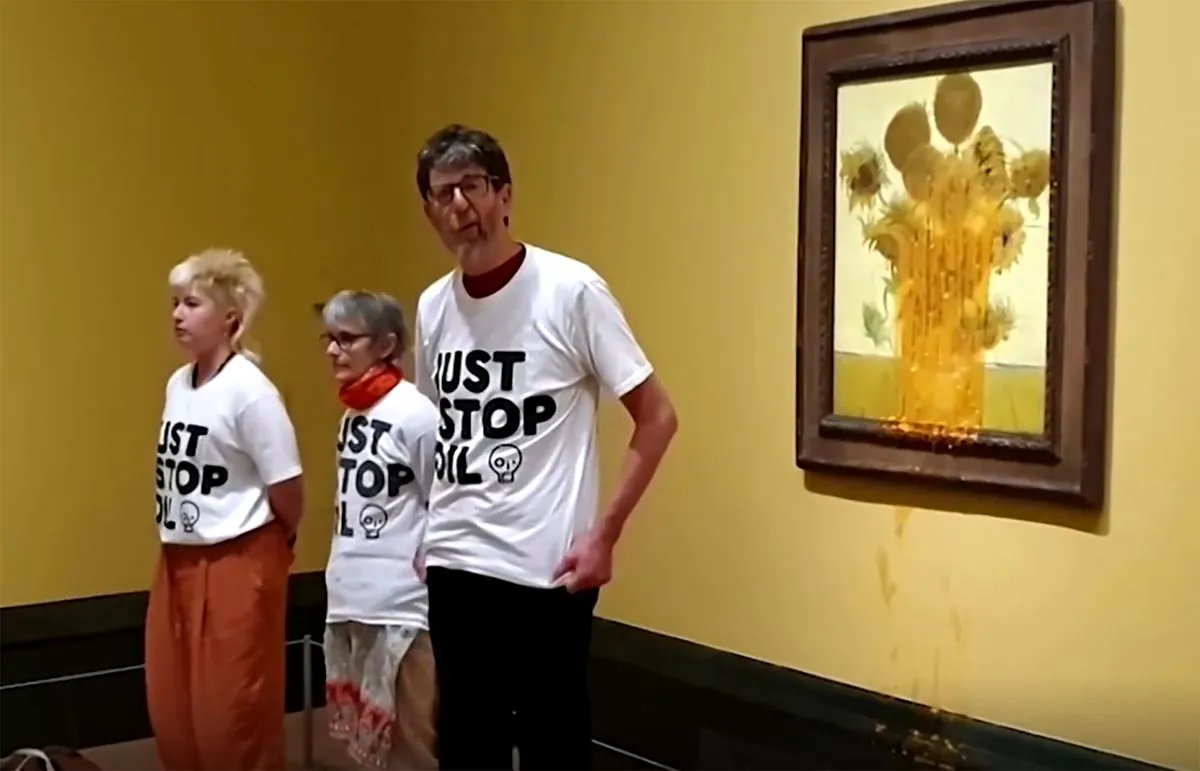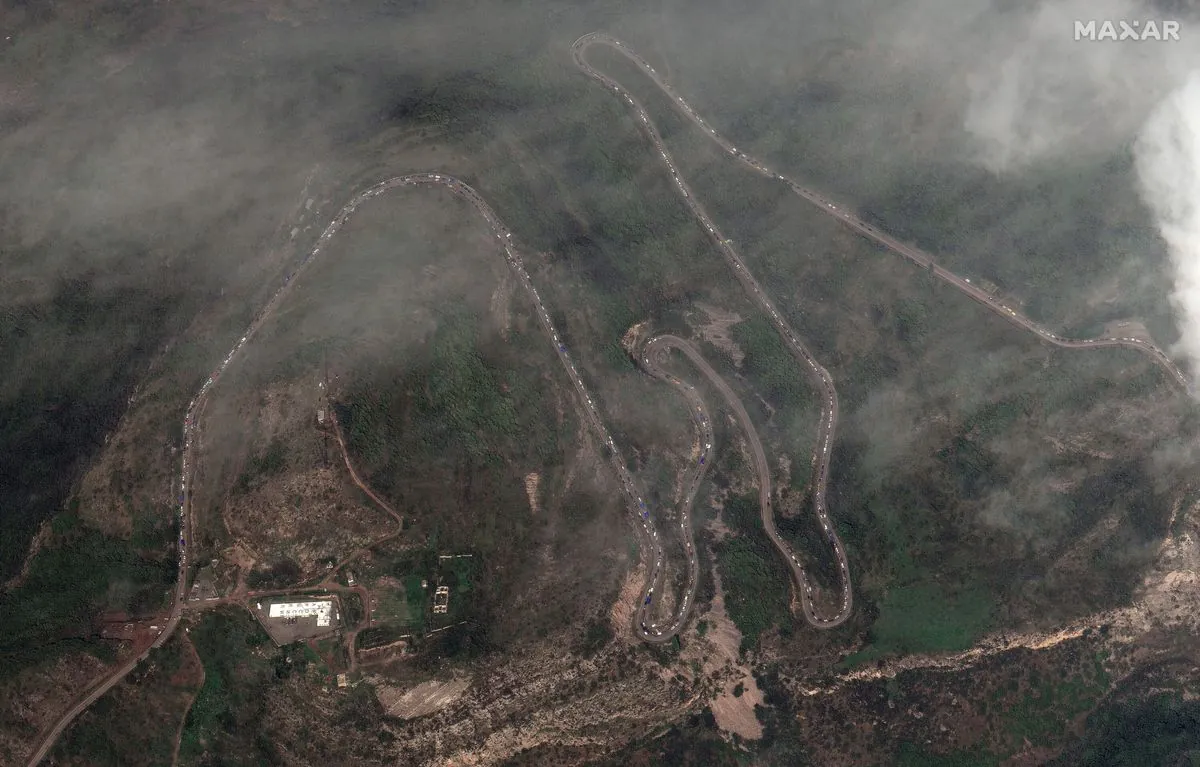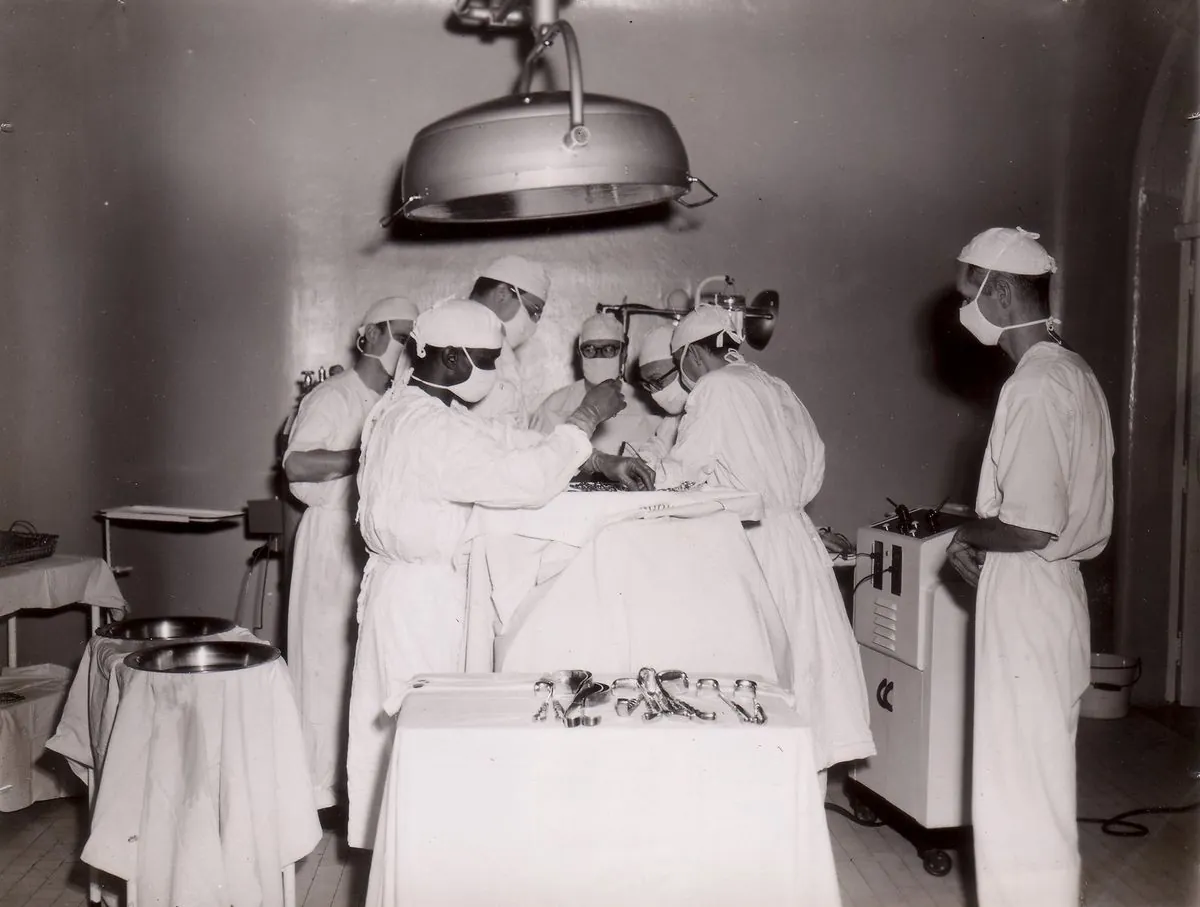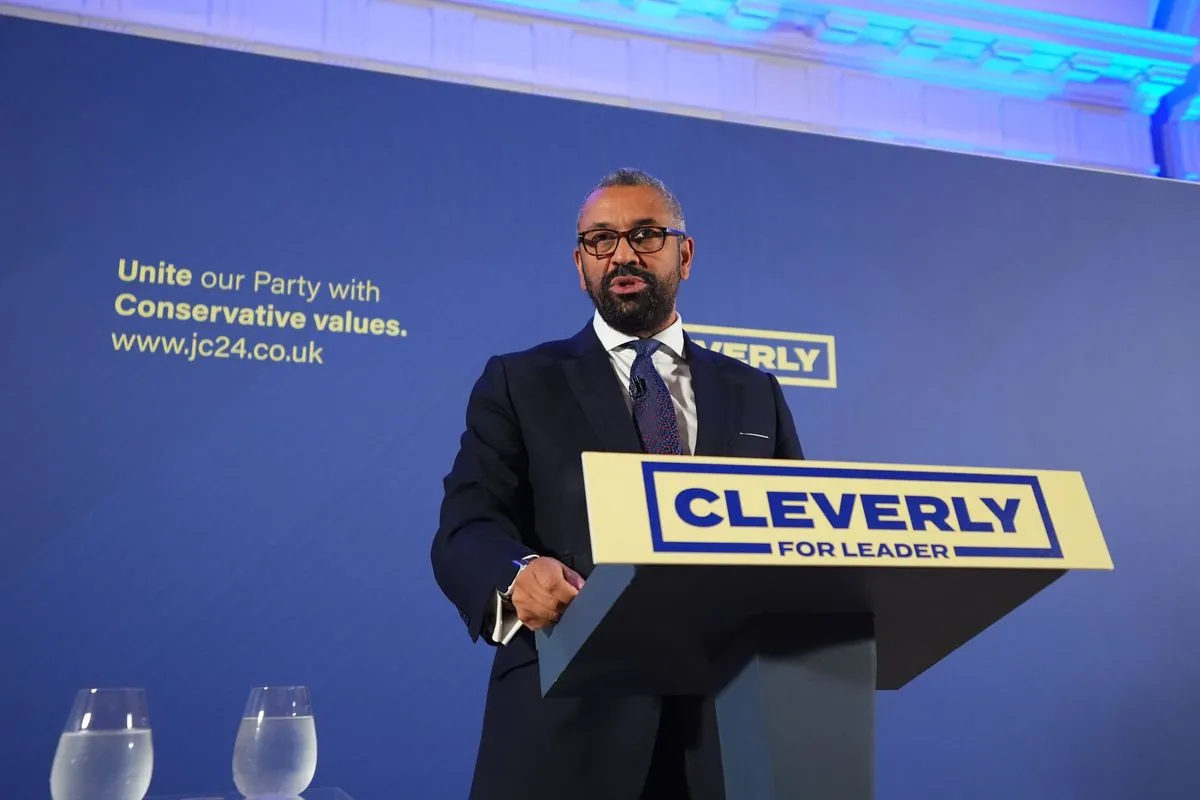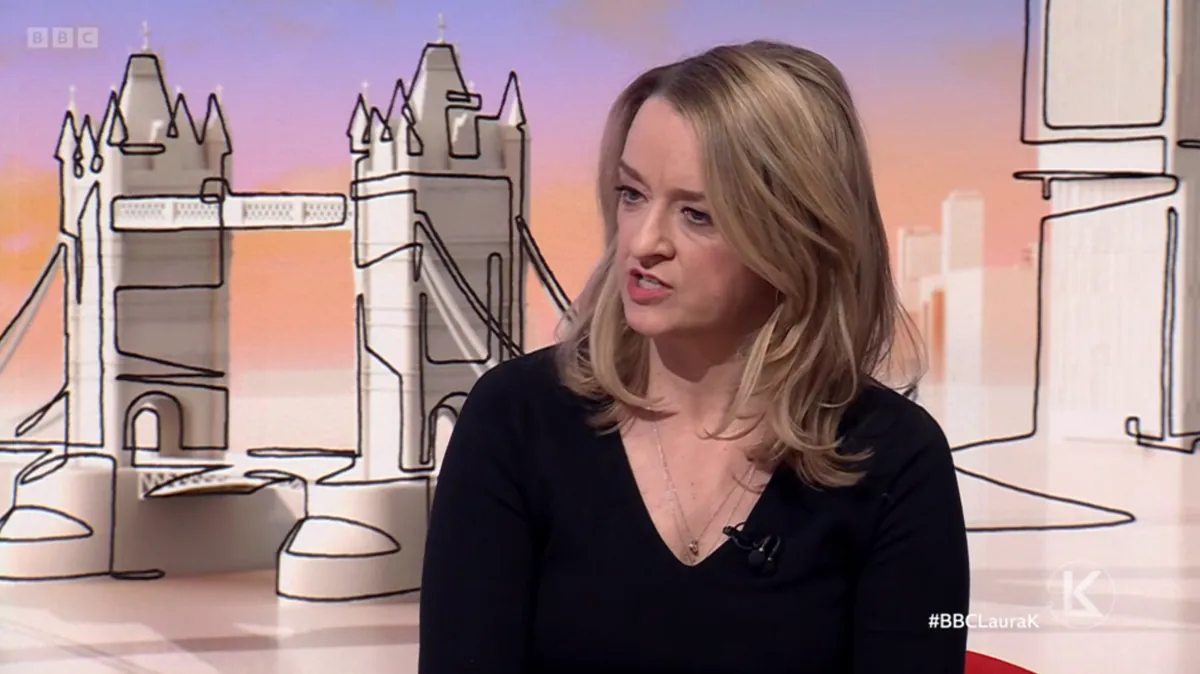Israel Eliminates Key Hezbollah Leaders in Strategic Strikes
Israel's military confirms the elimination of high-ranking Hezbollah officials, including a potential successor to Nasrallah. The strikes significantly impact the group's leadership structure amid ongoing tensions.
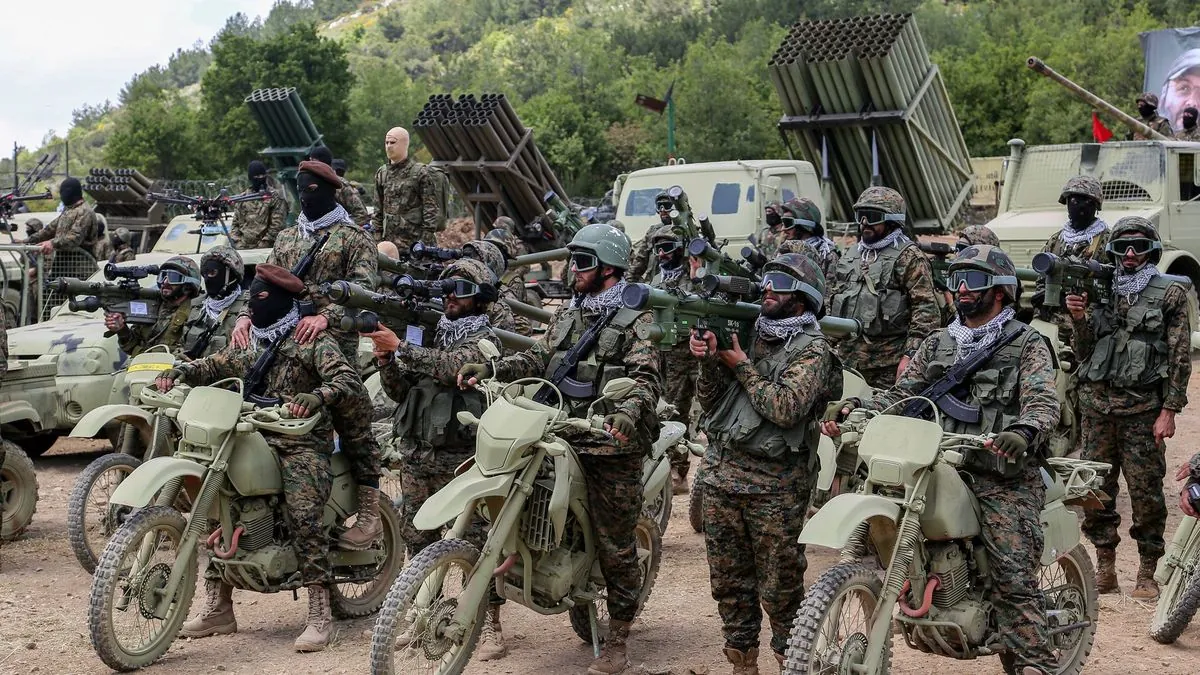
Israel's Defense Forces (IDF) have reported the elimination of Nabil Kaouk, a prominent Hezbollah figure, in Lebanon. This development occurs amidst escalating tensions between Israel and the Lebanon-based organization. Kaouk, who held the position of deputy head of Hezbollah's central council, was considered a potential successor to Hassan Nasrallah.
Nabil Kaouk's significance within Hezbollah stems from his extensive experience dating back to the 1980s. He previously served as the group's military commander in southern Lebanon and frequently appeared in local media, offering commentary on political and security matters. The United States imposed sanctions on Kaouk in 2020, recognizing his influential role within the organization.
Hezbollah, founded in 1985 in response to Israeli occupation of southern Lebanon, has evolved into a complex organization with significant political influence in Lebanon. The group holds seats in parliament and operates a vast social services network, while also maintaining a military wing estimated to have tens of thousands of fighters.

In a separate incident, Hezbollah confirmed the death of Ali Karaki, another senior commander, in the same Israeli airstrike that claimed Nasrallah's life on September 27, 2024. Karaki, a member of Hezbollah's Jihad council and commander of its southern front, had narrowly escaped an assassination attempt just days earlier on September 23.
"[Karaki] was directly and on the ground responsible for leading the southern front with all its axes and units in the support front from Oct 8 2023, until his blessed martyrdom."
These strikes have dealt a significant blow to Hezbollah's senior military leadership. The organization, which receives substantial support from Iran, has been involved in various conflicts beyond Lebanon, including the Syrian Civil War and operations in Iraq and Yemen.
Israel's recent operations against Hezbollah have employed sophisticated tactics, including a targeted attack on the group's communication systems. This strategy, coupled with precision strikes against key leaders, demonstrates Israel's determination to disrupt Hezbollah's operational capabilities.
Hezbollah's ideology, which combines Shia Islamism with Lebanese nationalism, has been a driving force behind its actions. The group has developed extensive military infrastructure, including tunnel networks and a sophisticated rocket and missile arsenal, particularly along the Israeli border.
As tensions continue to escalate, the international community watches closely. Hezbollah's designation as a terrorist organization by several countries, including the US and EU, complicates diplomatic efforts to address the ongoing conflict. The organization's involvement in alleged international terrorism and drug trafficking activities has further isolated it on the global stage.
The recent eliminations of key Hezbollah figures represent a significant shift in the power dynamics of the region. As the organization grapples with these losses, questions arise about its future leadership and strategic direction in the face of intensified Israeli operations.














